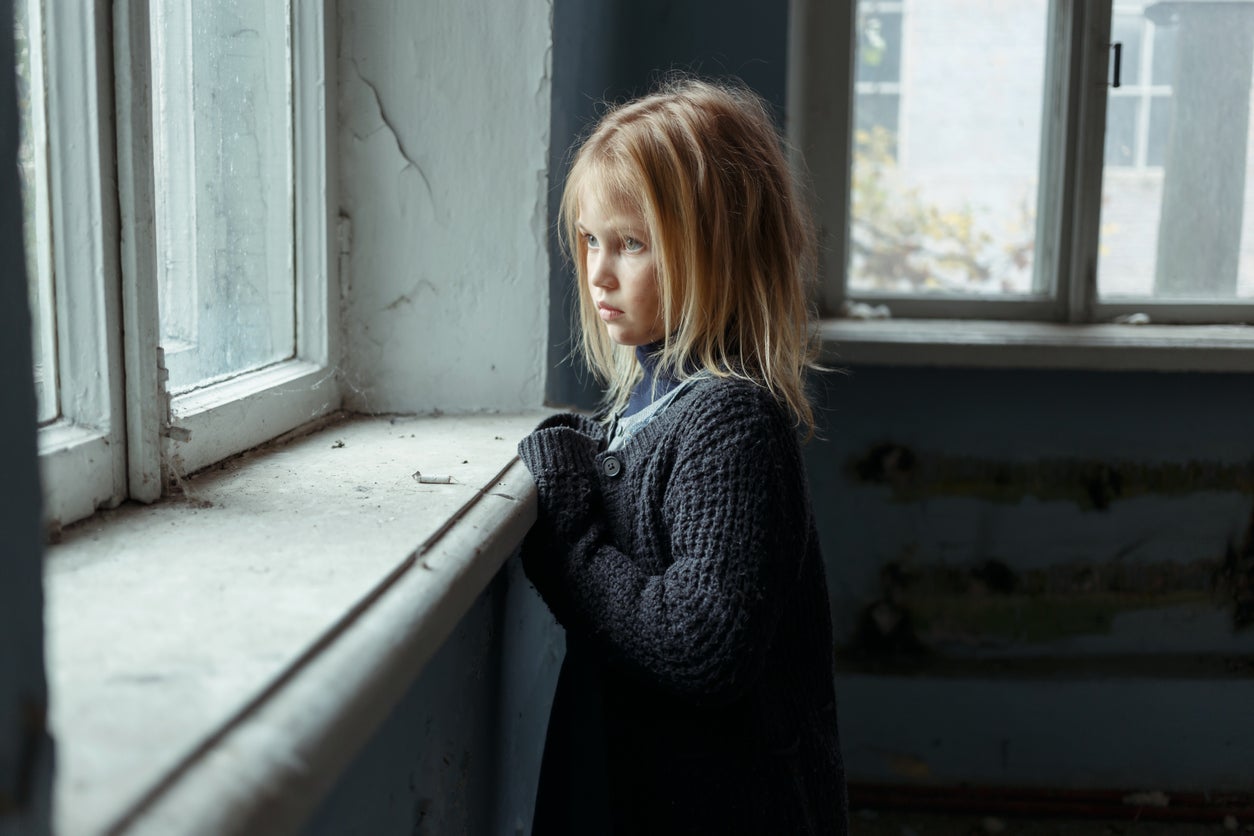Revealed: The baby deaths linked to homelessness as government told to act on temporary accommodation
‘Urgent need’ to tackle ‘poor quality’ housing , government admits

Babies and children are dying because they are being left homeless, a new report has revealed as the government is warned that failure to tackle sub-standard conditions in temporary accommodation could lead to more needless fatalities.
Homelessness may have contributed to the deaths of at least 33 children in England between April 2019 and March 2022, with most of the deceased under the age of one.
A government spokesperson admitted the findings of the report, from the All-Party Parliamentary Group (APPG) for Temporary Accommodation, underlined the “urgent need” to tackle “poor-quality housing”.
A family is classed as homeless if they are placed in temporary accommodation, which can be sub-standard and put people living there - including children - at greater risk of developing health conditions, including respiratory conditions.
The danger of poor housing was highlighted recently by the case of Awaab Ishak. In November last year a coroner ruled that the boy, aged just two, died as a result of prolonged exposure to mould in his family’s social housing property in Rochdale.
As of June 2022, there were 94,870 households living in temporary accommodation in England, with under 60,000 of those registered as having children staying with them.
The report, funded by the NHS and with data from Bristol University’s National Child Mortality Database, found that being homeless may have been a contributing factor in the sudden and unexpected deaths of 33 children between 1 April 2019 and 31 March 2022.
A “sudden and unexpected death” is one that is not expected 24 hours prior.
Temporary accommodation is managed by local authorities and given to people who are classed as homeless. c
Someone is deemed to be homeless if they have no accommodation to stay in, are at risk of violence or domestic abuse, have accommodation but cannot secure entry to it, have no legal right to occupy their accommodation or live in a mobile home or houseboat but have no place to put it or live in it.
Temporary accommodation, which campaigners say is often unsafe and unsuitable for families, can include bed and breakfasts, hostels with shared kitchens and bathrooms, shelters, and privately owned properties that are rented out to local councils.

A report by housing charity Shelter said children who grow up in bad or poor quality housing are at a far greater risk of developing “severe ill-health and disability during childhood and early adulthood.”
“Homeless children are up to four times more likely to suffer mental health problems than other children,” the report added. “Offending behaviour may be linked to behavioural problems that emerge among children living in poor housing conditions, highlighting evidence that almost half of young offenders have experienced homelessness.
Jane Williams, founder of The Magpie Project, a charity that works to support a growing population of homeless mothers in east London, called on ministers to make tackling the poor conditions in temporary accommodation a “priority”.
“A lot of these homes are not safe,” she told the i. “I am shocked that housing homeless families properly is not a number one priority at every housing association, local authority or Department of Housing meeting. Because I can’t think there’s anything more important than keeping children safe.”
A government spokesperson said: “This report reinforces the urgent need to tackle poor quality housing wherever it occurs.
“Temporary accommodation is a last resort and we are committed to driving down the need for it. Over half a million households have been prevented from becoming homeless or secured accommodation since 2018 and we have given councils £366 million this year to help prevent evictions and act on their duty to ensure all families have a roof over their heads.
“Our Social Housing Regulation Bill and Renters Reforms are designed to help improve standards in temporary accommodation and we will review the report’s findings and continue our work with the sector.”






Join our commenting forum
Join thought-provoking conversations, follow other Independent readers and see their replies
Comments